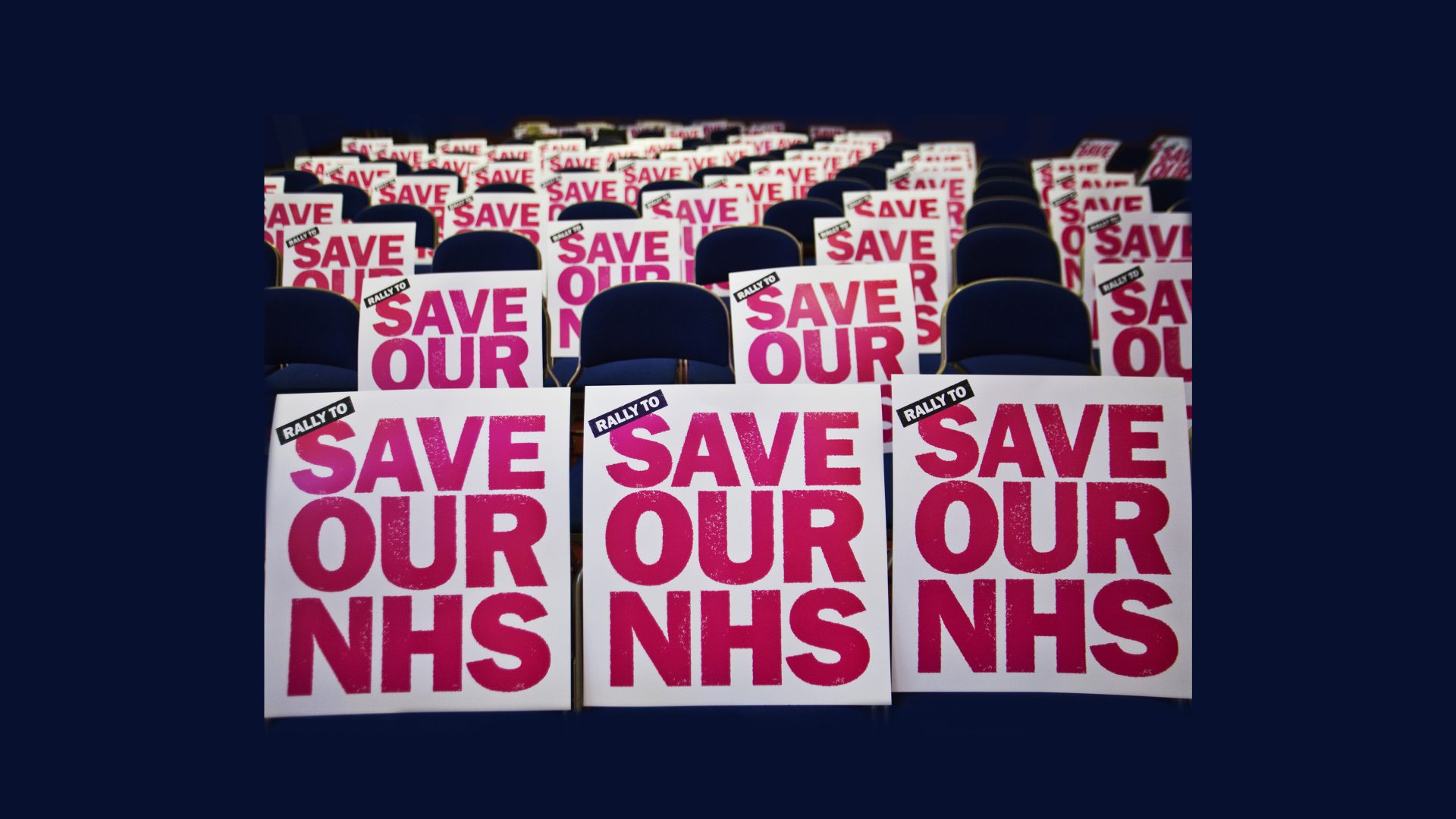The National Health Service (NHS) in England has long enjoyed high levels of popular support and trust. This was heightened during the COVID-19 pandemic, as people across the nation stood in the streets at the same time every week to clap for the NHS.
The culmination was when a 99-year-old retired army officer, Captain (later Sir) Thomas Moore, began fundraising for the NHS by walking around his garden. He eventually raised an estimated £38 million in public donations.
Yet, since the peak of the pandemic, the difficulties facing the NHS have been laid bare. Waiting times in accident and emergency and referral times for specialist treatment remain staggeringly high.
As researchers on trust, this led us to a question: do high waiting times mean people trust the NHS less? Trust is hugely important to society, as it tells us so much about people’s faith in the integrity of institutions.
We put this to the test. In monthly samples of approximately 500 respondents from July 2022 to July 2023, we looked at trust in major British political and public institutions such as parliament, the police, and the NHS. The NHS had the highest levels of support by far. On a seven-point scale, trust in the NHS was a full two points higher than trust in parliament.
One might say that trust in parliament is low because the public views the institution as having major performance problems. Polls show more than half of those surveyed believe parliament does not reflect the “full range of people and views of the British electorate”, and a majority of respondents also state that the Westminster parliament does either a “fairly bad” or a “very bad” job in holding the government of the day to account.
But the same does not appear to be true for the NHS. Higher waiting times, a strong indicator that the system is not functioning at its best, do not make people in England trust the NHS less, even though they may at some point be required to trust the NHS with their life.
Identifying with the NHS
Public administration specialists find that a person’s familiarity with an organisation such as the NHS, and whether they “identify” with its mission, can be as important as performance in determining whether they trust it.
Virtually every voter has had an experience with the NHS, and our research elsewhere finds deep sympathy with its employees, who are judged to be underpaid. Further polling during the service’s 75th anniversary found “the health service makes more people proud to be British than our history, our culture, our system of democracy or the royal family”.
Conservative politician Nigel Lawson once said “the NHS is the closest thing the English people have now to a religion”. So it’s clear that people do identify with the NHS. Voters also do not seem at all willing to abandon the faith of “free at the point of use” nationalised healthcare. Rather, citizens largely want a government that will fix their trusted institution.
Work by polling company Survation shows that for the NHS, voters do prioritise “reducing waiting times for NHS operations and procedures” and “making it easier to get GP appointments” – but they also don’t seem to think NHS staff are responsible. The same poll showed fewer than 10% of respondents believe that a priority for the NHS should be “reducing waste and creating efficiencies in NHS services”.
There is little sign, therefore, of the public being responsive to Prime Minister Rishi Sunak’s contentious claims that the NHS waiting times and other woes are at least partially related to industrial action.
It is likely that voters will punish the Conservatives for their poor performance on managing the NHS in the upcoming election. But that doesn’t mean Labour will get a free pass. Voters want the next government to sort things out – but the solutions to NHS problems are increasingly complex.
Thomas Scotto, Professor of Politics, University of Glasgow; Martin Ejnar Hansen, Reader in Political Science, Brunel University London, and Steve Pickering, Docent, Political Science, University of Amsterdam
This article is republished from The Conversation under a Creative Commons license. Read the original article.











